The other pandemic stalking the globe — fear
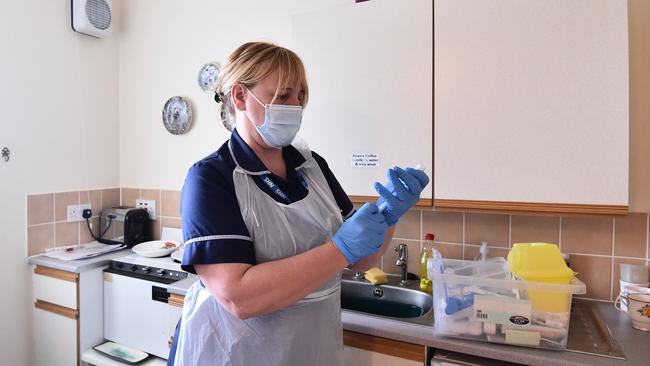
Yet despite these differences, there is the possibility that in both societies the legacy of the coronavirus pandemic will be an epidemic of fear.
Certainly, the experience in Britain indicates that society has learned to fear far too much. Though the number of deaths and reported cases of COVID-19 inBritain is the lowest since September 13 last year, a mood of insecurity and fear continues to lurk in the background.
It was at the doctor’s surgery, while waiting for my AstraZeneca jab last month, that I realised that for many being locked down had turned into a lifestyle.
For me the jab was my passport to freedom. Some of those waiting for their vaccine took a different view. They had absorbed the message circulated by senior British politicians, who insisted the vaccine was not a magic bullet and would not make that much difference to our lives.
Many react with incredulity when I point out that back in January, Matt Hancock, the Health Secretary, boasted that once the vulnerable and elderly were vaccinated it would be time to “cry freedom” and that Britain could look forward to “a great summer”.
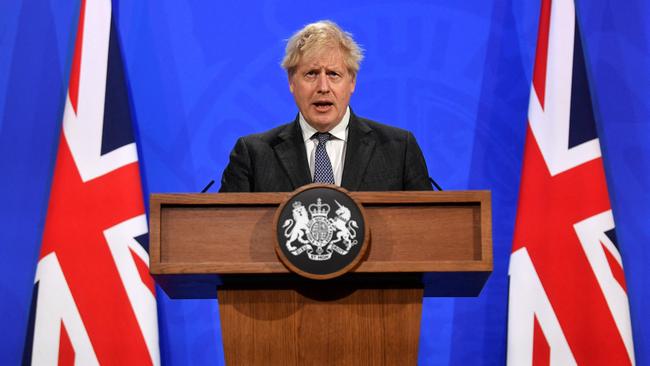
Of course, not everyone is prepared to accept the suggestion that the post-vaccination world does not mean a return to normal life. In my discussions and interviews with young and old, I talked to many who cannot wait to get on the next aeroplane or tuck into their candle-lit dinner in a restaurant. Many Brits have retained a sense of resilient optimism.
But what strikes me as significant is the mood of frustration and sense of resignation to the belief that we are far, far away from a return to normalcy. The attitude of fatalism about future prospects was highlighted in an Ipsos Mori poll, conducted last month, a year after the first UK lockdown was announced. The survey indicated that a significant majority of the respondents were in no doubt that a return to normal life would not happen any time soon.
Thirty-six per cent of respondents indicated that it would take at least six months to a year, while another 36 per cent stated that it would be more than one year before things return to normal.
That 72 per cent of respondents believe that life will have to be subordinated to the demands of COVID-related restrictions for a long time indicates that far too many of us have learned to adapt a little bit too much to the lockdown. No doubt one important factor is the pervasive sense of fear haunting British society. The governments, and especially their public health experts, have consistently sought to use the power of fear to ensure compliance with lockdown rules.
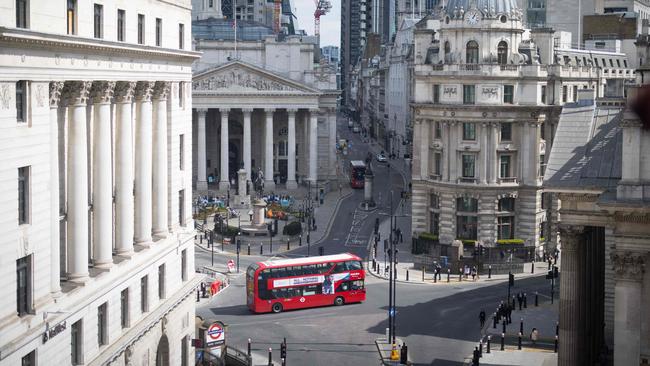
Recently, it was revealed that in March last year a paper written for the government’s Scientific Advisory Group for Emergencies was concerned that the public was too relaxed about the pandemic and that government had to subject it to the fear of god. This paper stated: “The perceived level of personal threat needs to be increased among those who are complacent, using hard-hitting emotional messaging.” One member of the advisory group acknowledged: “The British people have been subjected to an unevaluated psychological experiment without being told that is what’s happening.”
It turned out that the official scare tactics worked only too well and the government now concedes that levels of compliance with lockdown rules exceeded its expectations.
Remarkably, a significant section of the public has adapted to life under lockdown to the point that they have internalised many of its features as part of their new lifestyle. A recent study published last month indicates that a third of the public regards the previous year as similar or better than average for them personally. A majority — 54 per cent — claim they will miss aspects of COVID-19 restrictions. One in five indicates that their finances are better than they were in the pre-pandemic era.
No doubt the Johnson government has benefited from the willingness of the British public to live under lockdown measures. Its vaccination rollout has proved to be remarkably successful and it is riding high in the opinion polls. At the same time, however, the adoption of a lockdown lifestyle by a substantial section of society represents a significant problem for the government.
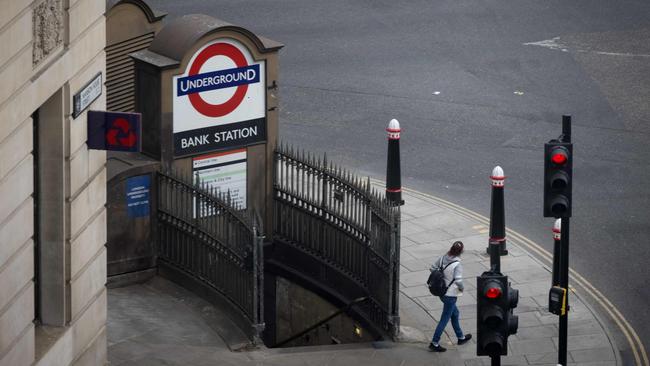
Acquiescence to or the celebration of the lockdown often co-exists with a reluctance to get on the commuter train or get back to the office. It has become fashionable to declare that COVID has taught us to work “better” or “smarter”. These utopian sentiments overlook hard facts about the way society works. While some occupations can rely on people working at home, others, especially those who run our infrastructure and transport, pick up our garbage, build our houses, provide us with the necessities of life in supermarkets, actually need to go out to work.
At some point soon, policymakers and the public will have to discuss the E-word. For over a year, policymakers have avoided having a grown-up discussion about the parlous state of the economy. Consequently, the assumption that we do not have to make very difficult economic choices has taken hold.
Sadly, the government, too, has buried its head in the sand for now and has unwittingly contributed to the flourishing of a lockdown lifestyle.
Hopefully, Australia can kick this new variant of the British disease into the long grass and face the future with confidence.
Frank Furedi is an author, commentator and professor of sociology at the University of Kent in England. His latest book is Why Borders Matter: Why Humanity Must Relearn the Art of Drawing Boundaries.

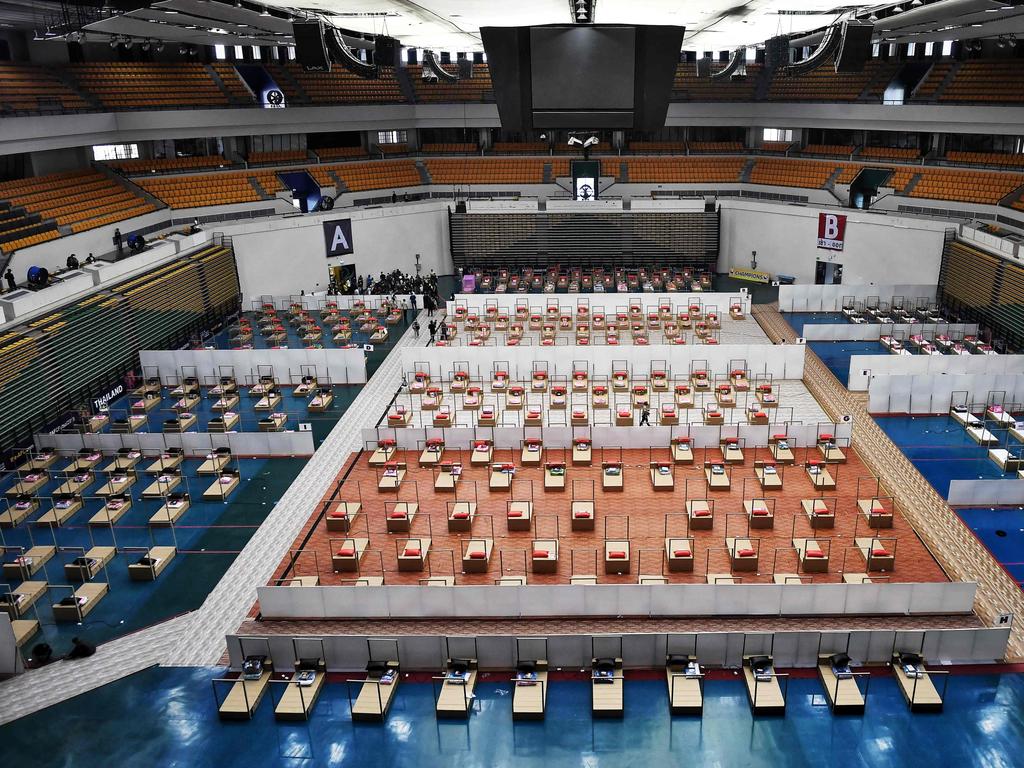
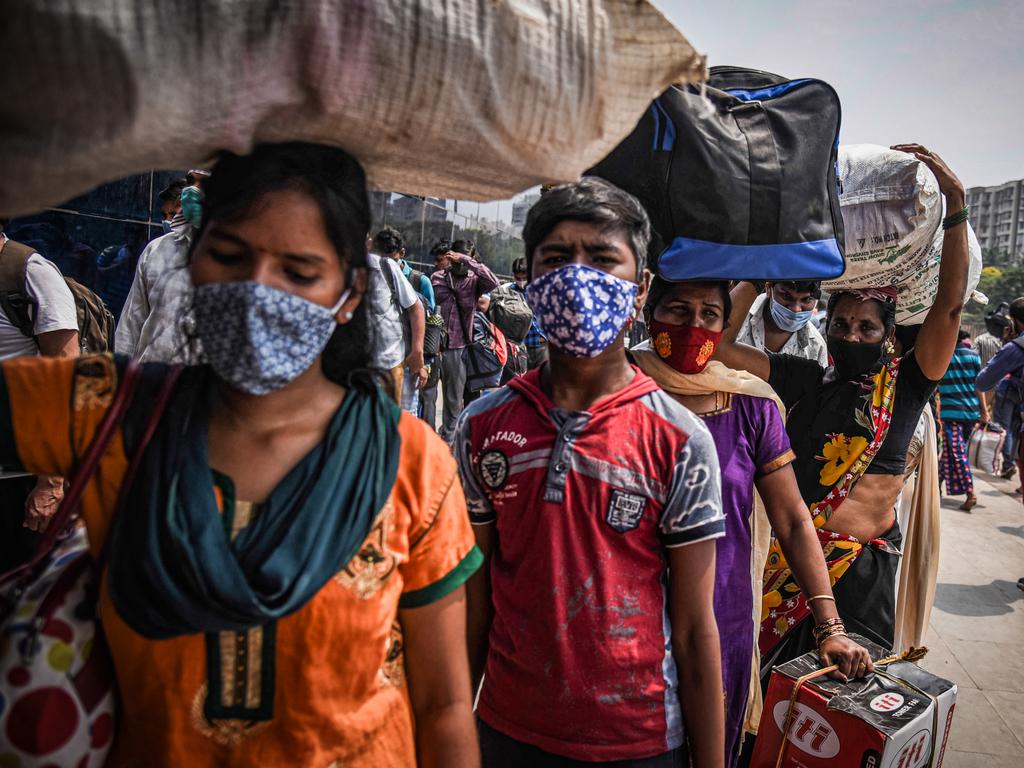




Thankfully, Australia has been spared the dramatic scale of COVID-related loss of life suffered by those of us living in Britain. Nor have Australians, with the possible exception of Melburnians, had to endure the stringent measures imposed on the British population by a seemingly never-ending lockdown regime.